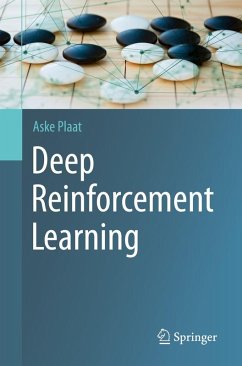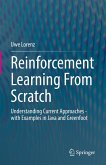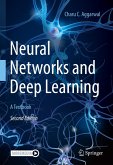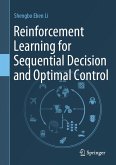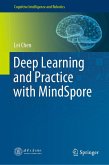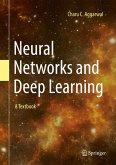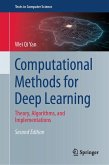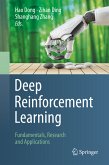Deep reinforcement learning has attracted considerable attention recently. Impressive results have been achieved in such diverse fields as autonomous driving, game playing, molecular recombination, and robotics. In all these fields, computer programs have taught themselves to understand problems that were previously considered to be very difficult. In the game of Go, the program AlphaGo has even learned to outmatch three of the world's leading players.Deep reinforcement learning takes its inspiration from the fields of biology and psychology. Biology has inspired the creation of artificial neural networks and deep learning, while psychology studies how animals and humans learn, and how subjects' desired behavior can be reinforced with positive and negative stimuli. When we see how reinforcement learning teaches a simulated robot to walk, we are reminded of how children learn, through playful exploration. Techniques that are inspired by biology and psychology work amazingly well in computers: animal behavior and the structure of the brain as new blueprints for science and engineering. In fact, computers truly seem to possess aspects of human behavior; as such, this field goes to the heart of the dream of artificial intelligence.
These research advances have not gone unnoticed by educators. Many universities have begun offering courses on the subject of deep reinforcement learning. The aim of this book is to provide an overview of the field, at the proper level of detail for a graduate course in artificial intelligence. It covers the complete field, from the basic algorithms of Deep Q-learning, to advanced topics such as multi-agent reinforcement learning and meta learning.
These research advances have not gone unnoticed by educators. Many universities have begun offering courses on the subject of deep reinforcement learning. The aim of this book is to provide an overview of the field, at the proper level of detail for a graduate course in artificial intelligence. It covers the complete field, from the basic algorithms of Deep Q-learning, to advanced topics such as multi-agent reinforcement learning and meta learning.
Dieser Download kann aus rechtlichen Gründen nur mit Rechnungsadresse in A, B, BG, CY, CZ, D, DK, EW, E, FIN, F, GR, HR, H, IRL, I, LT, L, LR, M, NL, PL, P, R, S, SLO, SK ausgeliefert werden.

